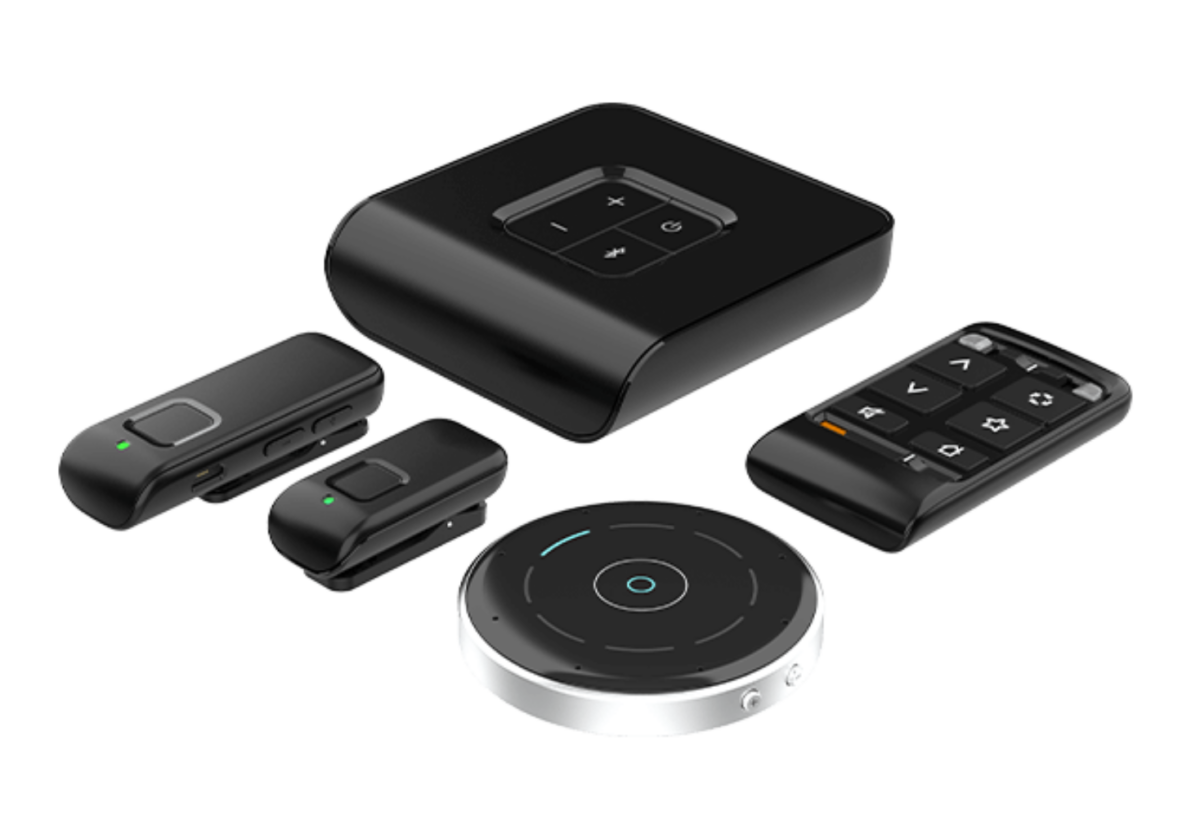- Summer Sports and Their Impact on Hearing Health - July 15, 2024
- Should You Disclose Your Hearing Loss? - July 3, 2024
- What Is the Impact of Smoking and Alcohol on Hearing? - June 25, 2024
As we age, it’s not uncommon to experience changes in our hearing. For many of us, these changes can be difficult to accept, as we may struggle to follow conversations or miss out on important sounds in our environment. Fortunately, there are many tools available to help individuals with hearing loss improve their communication and quality of life. One such tool is the assistive listening device, or ALD.
What is an Assistive Listening Device?
An ALD is a device that helps individuals with hearing loss to better understand speech and other sounds in their environment. ALDs come in many different types and styles, ranging from small personal amplifiers to large, installed loop systems. Some common types of ALDs include:
Hearing Aids – A hearing aid is a small, battery-powered device that is worn in or behind the ear. It amplifies sound and adjusts for different environments, helping individuals to hear speech more clearly.
Cochlear Implants – A cochlear implant is a surgically implanted device that bypasses damaged hair cells in the inner ear to stimulate the hearing nerve directly. Cochlear implants are often used for individuals with severe to profound hearing loss who do not benefit from traditional hearing aids.
Personal Sound Amplifiers – A personal sound amplifier is a small device that can be worn in the ear or carried in a pocket. It amplifies sound and can be helpful for individuals with mild to moderate hearing loss.
FM Systems – An FM system uses a transmitter and receiver to deliver sound directly to a hearing aid or cochlear implant. This can be particularly helpful in noisy environments, where it can be difficult to hear speech.
Loop Systems – A loop system is a specialized type of assistive listening device that uses electromagnetic energy to transmit sound directly to a hearing aid or cochlear implant. This can be useful in public places like theaters or places of worship.
How Do Assistive Listening Devices Work?
Assistive listening devices work by amplifying or delivering sound directly to the ear. This can help to overcome the effects of hearing loss, which can make it difficult to hear speech clearly, particularly in noisy environments. Many ALDs are also designed to reduce background noise and enhance speech sounds, making it easier to follow conversations.
When choosing an ALD, it’s important to consider your individual hearing needs and lifestyle. Your hearing healthcare professional can help you to select an ALD that is best suited to your hearing loss and communication needs.
What Are the Benefits of Using an Assistive Listening Device?
The benefits of using an ALD can be significant, particularly for individuals with hearing loss. Some of the benefits of using an ALD include:
Improved Communication – ALDs can help to improve speech understanding, particularly in noisy environments. This can make it easier to follow conversations and engage in social activities.
Enhanced Safety – ALDs can also help to enhance safety and awareness of surroundings. For example, a personal amplifier can help you to hear approaching vehicles or emergency sirens.
Reduced Listening Effort – ALDs can also help to reduce listening effort, which can be particularly helpful for individuals with hearing loss. By reducing the strain of listening, ALDs can help to reduce fatigue and improve overall quality of life.
Assistive listening devices are a powerful tool for individuals with hearing loss. By improving speech understanding and reducing listening effort, ALDs can help to enhance communication, safety, and overall quality of life. If you’re interested in using an ALD, talk to your hearing healthcare professional or search online for reputable retailers. With the right device and proper care, you can enjoy improved hearing and greater independence.
At The Hearing Consultants Inc, we offer a wide range of assistive listening devices to help you hear your best. Our experienced audiologists can help you find the right ALD for your individual needs and provide ongoing support to ensure that your device is working at its best. Contact us today to learn more about our services and schedule a hearing evaluation.

